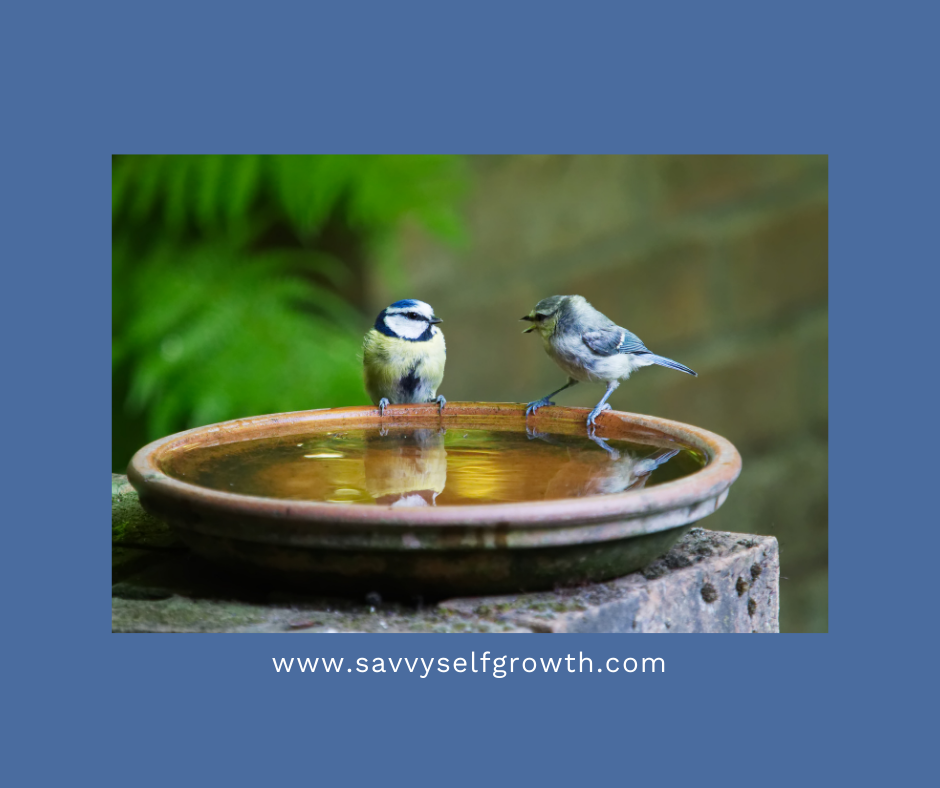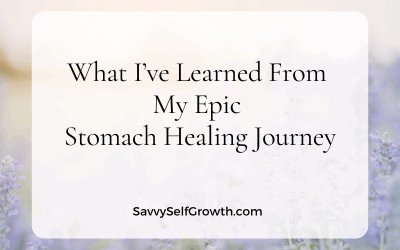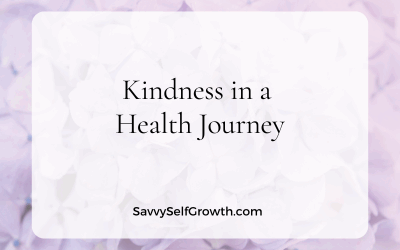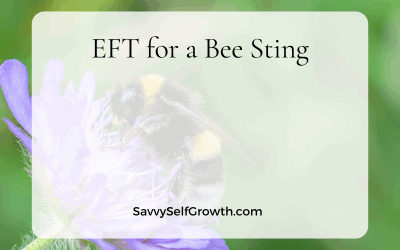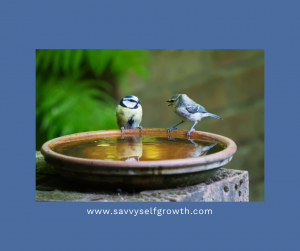
A few days ago, right in front of my eyes, I saw a perfect example of how our emotional reactions (not logic) lead to our actions – especially in times of stress.
We went for our daily walk. It was breezy. Someone close to me had an unexpected sneeze. It was loud and completely uninhibited.
Around the corner came a distressed woman. She started shouting at him about the fact that he didn’t sneeze into a tissue. (That’s the guidance in the UK, at least – sneeze into a tissue or your elbow.)
He instantly replied with a lot of frustration that “It was outdoors, for Pete’s sake!” – and that there was absolutely no risk to her. A few very emotionally charged replies flew back in forth.
They each had a point
They each passionately believed in their own. And felt very frustrated and angry that the other person was not getting theirs. One person believed in the logic that in outdoor situations the viral load is very low, plus a breeze was blowing in the opposite direction. He had all of that figured out in his head.
The woman was likely coming from a place of feeling unsafe. Perhaps she had kids or an elderly mother at home, whose well-being she felt responsible for. Or she has an underlying health condition. Or maybe she is just terrified of dying. Who knows.
We can’t hear each other when high emotion is flying around
Because they each had an emotional reaction to the other’s opinion, they could not hear or understand each other. Our amygdala is triggered when we feel unsafe. It’s all about defending ourselves then.
I had my very own little emotional reaction in those moments. I felt my usual ‘please, no conflict – let’s talk nicely to each other’.
My story is not about right and wrong, whose opinion was correct, nor who was more at fault. It’s not even about the virus or about government policy.
My point is about:
- how strongly emotions influence us, and how we instantly react to them
- how we all have a limbic brain that is simply reacting to cues about safety
- how often we carry feelings with us for hours, days or weeks after an event
- how all stress impacts us on so many levels
And that’s why, dear reader, I find it so important to have many self-help tools in our boxes, especially during this extremely stressful pandemic time.
If we can process the upset at the very latest by the end of the day, we won’t sit with all those extra layers in our emotional baggage and carry it into the next day.
Some tools I recommend:
- EFT (Emotional Freedom Techniques) also known as tapping
- The Sedona Method
- TAT (Tapas Acupressure Technique)
- Jin Shin Jyutsu
- If it feels like self-help is not an option, please make sure you receive professional care from someone who has therapeutic skills.

